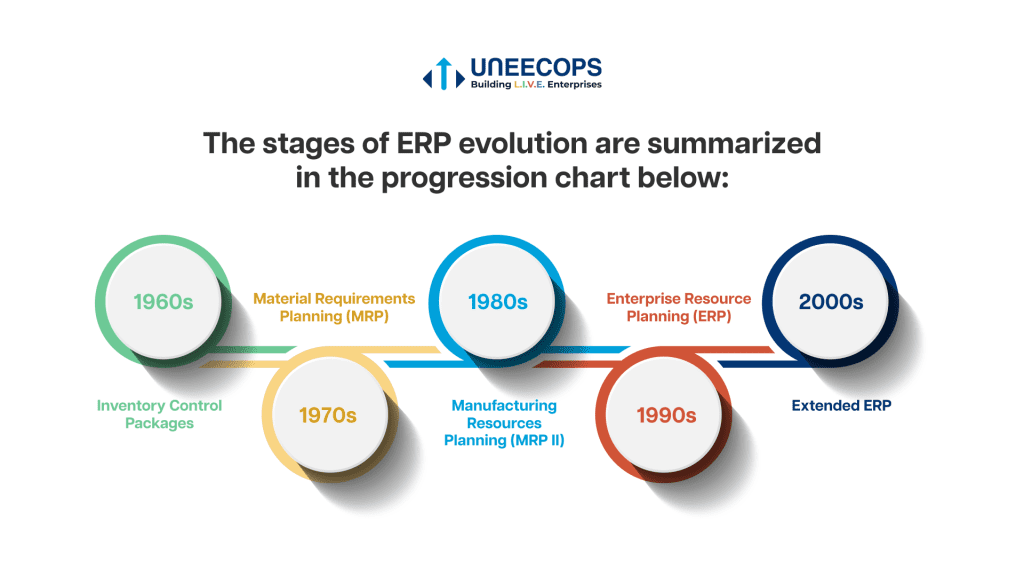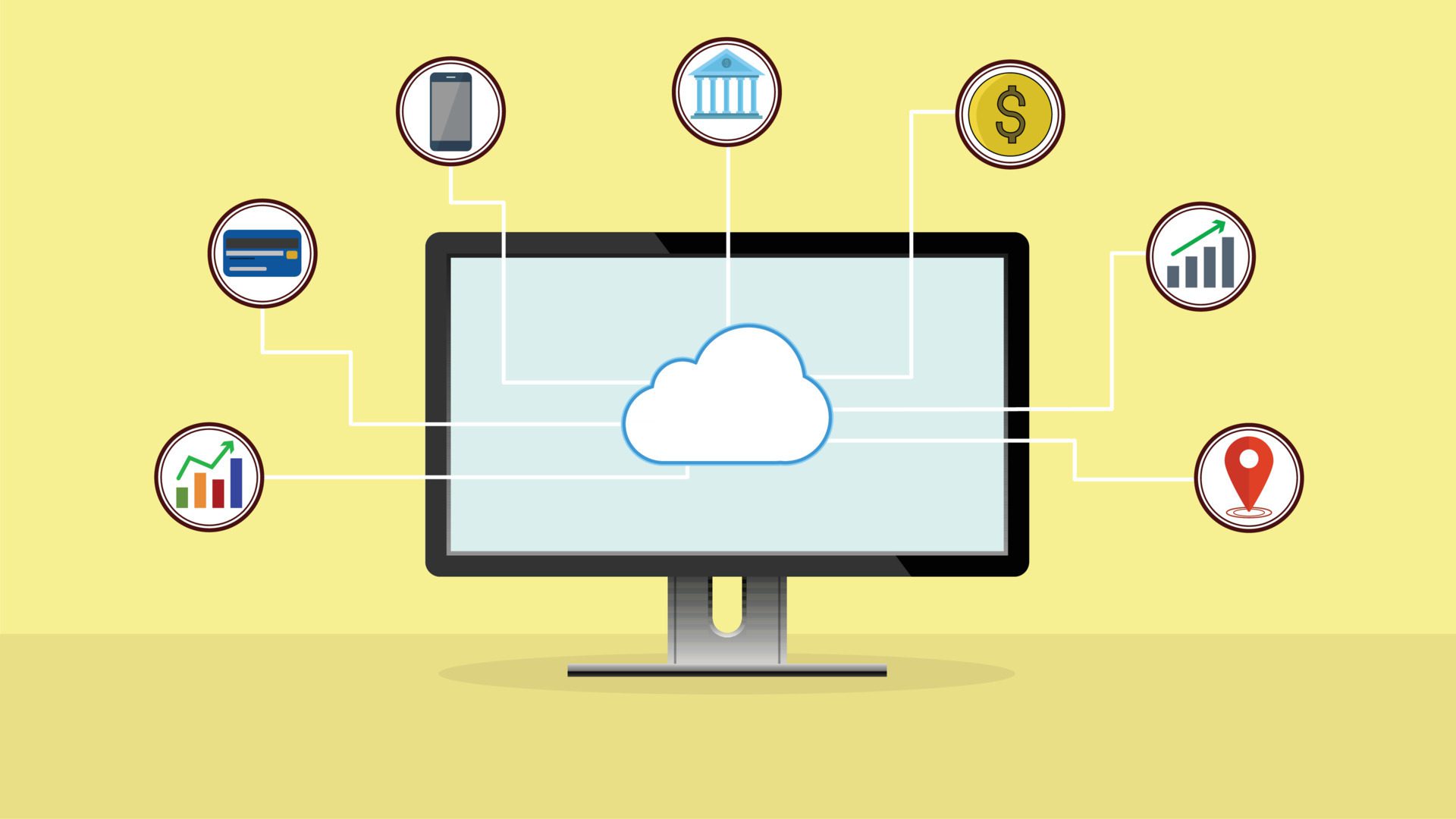The Advantages of TCM ERP
The Advantages of TCM ERP: Streamlining Traditional Chinese Medicine Practices
Welcome to a world where technology meets tradition, revolutionizing the way Traditional Chinese Medicine (TCM) practices operate. TCM ERP (Enterprise Resource Planning) systems are reshaping the landscape of healthcare management by streamlining processes and improving efficiency. With its array of advantages, TCM ERP is empowering practitioners to focus on what matters most – providing exceptional care to their patients while optimizing their practice. Discover how TCM ERP is transforming the industry and enhancing the patient experience.
Traditional Chinese Medicine and ERP Integration
Traditional Chinese Medicine (TCM) is a holistic approach to healthcare that has been practiced for thousands of years in China. It focuses on balancing the body’s inner energy, known as Qi, to promote health and prevent disease. TCM includes treatments such as herbal medicine, acupuncture, cupping therapy, and tai chi.
With the advancement of technology, many TCM clinics and practitioners are now turning to Enterprise Resource Planning (ERP) systems to streamline their operations and improve patient care. ERP systems are software platforms that integrate various functions of a business, such as inventory management, scheduling, billing, and patient records, into one centralized system.
Integrating TCM practices with ERP systems can bring numerous benefits to practitioners and patients alike. One of the main advantages is improved efficiency in clinic operations. By consolidating multiple functions into one system, TCM clinics can reduce administrative work and paperwork, allowing practitioners to focus more on patient care.
Additionally, ERP systems can help TCM clinics better manage their inventory of herbs and other supplies. With real-time tracking capabilities, practitioners can easily monitor stock levels and automate reordering processes, ensuring that they always have the necessary supplies on hand for treatments.
Another benefit of integrating TCM with ERP systems is improved patient communication and care. With a centralized patient record system, practitioners can easily access detailed information about each patient’s medical history, treatments, and progress. This allows for more personalized care and the ability to track outcomes more effectively.
Furthermore, ERP systems can help TCM clinics optimize their scheduling and appointment processes. By automating appointment reminders and managing scheduling conflicts, practitioners can reduce no-shows and improve overall clinic efficiency.
Overall, the integration of TCM practices with ERP systems can lead to a more efficient and effective healthcare environment for both practitioners and patients. By streamlining operations, improving inventory management, enhancing patient communication, and optimizing scheduling, TCM clinics can provide better care and outcomes for those seeking alternative healthcare options.
Benefits of TCM-Specific ERP Systems
Implementing TCM-specific ERP systems can bring a myriad of benefits to traditional Chinese medicine practices. One of the main advantages is the centralization of data. TCM clinics and hospitals deal with a large amount of patient information, treatment plans, and inventory management. By using an ERP system tailored to the specific needs of TCM practices, all this information can be stored in one secure and easily accessible database.
Having all the data in one place streamlines processes and improves efficiency. Practitioners can easily access patient records, create treatment plans, and track inventory levels without having to sift through multiple systems or paper files. This not only saves time but also reduces the risk of errors associated with manual data entry and retrieval.
Furthermore, TCM-specific ERP systems often come with built-in features that cater to the unique requirements of traditional Chinese medicine practices. These can include modules for herbal medicine management, acupuncture treatment tracking, and patient appointment scheduling. By using an ERP system specifically designed for TCM, practitioners can ensure that they have all the tools they need to provide the best possible care to their patients.
Another significant benefit of TCM-specific ERP systems is improved communication and collaboration among staff members. With all the relevant information stored in one central database, practitioners, nurses, and administrative staff can easily share and access data in real-time. This means that everyone involved in patient care can stay on the same page and work together seamlessly to provide holistic and effective treatment.
Additionally, TCM-specific ERP systems often come with reporting and analytics tools that can help practitioners track key performance indicators, monitor patient outcomes, and identify areas for improvement. By analyzing data collected through the ERP system, TCM practices can make informed decisions that lead to better patient care and overall practice efficiency.
Overall, the benefits of implementing a TCM-specific ERP system are numerous and can greatly enhance the quality of care provided by traditional Chinese medicine practices. From centralizing data and streamlining processes to improving communication and collaboration among staff members, these systems offer a comprehensive solution for TCM clinics and hospitals looking to optimize their operations and deliver top-notch care to their patients.
Implementation Challenges of TCM ERP Solutions
Implementing TCM ERP solutions can be a daunting task for many organizations due to a variety of challenges they may face during the process. One of the main challenges is the resistance to change from employees who are used to working with traditional systems. This can lead to a lack of buy-in from staff members and hinder the adoption of the new ERP system.
Another challenge is the complexity of TCM ERP solutions, which often require extensive customization to meet the specific needs of an organization. This customization can be time-consuming and costly, leading to delays in the implementation process. Additionally, finding skilled IT professionals who are familiar with TCM ERP systems can be a challenge, further slowing down the implementation process.
Furthermore, data migration is another significant challenge organizations face when implementing TCM ERP solutions. Migrating data from legacy systems to the new ERP system can be a complex and time-consuming process, requiring careful planning and execution to ensure data integrity and accuracy. In some cases, data may need to be cleansed and standardized before it can be migrated to the new system, adding another layer of complexity to the implementation process.
One more challenge organizations encounter is the integration of TCM ERP solutions with existing systems and applications. Many organizations have a variety of systems in place, and ensuring seamless integration between these systems and the new ERP solution can be a complex task. This can lead to compatibility issues and potential disruptions to business operations if not properly addressed during the implementation process.
Finally, change management is a critical challenge organizations face when implementing TCM ERP solutions. Managing the change process effectively is essential to ensure a smooth transition to the new system. This includes providing adequate training and support to employees, addressing concerns and resistance to change, and communicating effectively throughout the implementation process. Failure to effectively manage change can result in delays, cost overruns, and ultimately, the failure of the ERP implementation.
Case Studies of Successful TCM ERP Implementations
Implementing a TCM ERP system can be a significant investment for a company, but the rewards can be substantial. Many businesses have successfully implemented TCM ERP systems and have seen improvements in efficiency, productivity, and overall performance. Let’s take a look at some case studies of successful TCM ERP implementations:
1. Company A: Company A, a manufacturing company, decided to implement a TCM ERP system to streamline their production process and improve inventory management. After the implementation, Company A saw a 30% increase in production efficiency and a reduction in inventory costs by 20%. The TCM ERP system allowed them to track orders in real-time, optimize production schedules, and reduce waste.
2. Company B: Company B, a retail chain, implemented a TCM ERP system to manage their supply chain and improve customer service. With the TCM ERP system, Company B was able to track inventory levels at each store location, reduce stockouts, and improve order fulfillment times. As a result, customer satisfaction increased by 15% and sales grew by 10% within the first year of implementation.
3. Company C: Company C, a service-based business, adopted a TCM ERP system to streamline their project management and billing processes. The TCM ERP system allowed Company C to track project milestones, allocate resources efficiently, and generate accurate invoices in a timely manner. As a result, Company C saw a 25% increase in project completion rates and a 20% reduction in billing errors.
4. Company D: Company D, a global manufacturing corporation, decided to implement a TCM ERP system to standardize their processes across multiple locations and improve communication between departments. The TCM ERP system allowed Company D to centralize their data, automate manual tasks, and collaborate more effectively. Within six months of implementation, Company D saw a 40% reduction in lead times, a 15% increase in on-time deliveries, and a 25% improvement in overall employee satisfaction.
These case studies demonstrate the benefits of implementing a TCM ERP system in various industries. From manufacturing to retail to service-based businesses, TCM ERP systems have helped companies improve efficiency, reduce costs, and enhance customer satisfaction. As technology continues to advance, TCM ERP systems will play a crucial role in helping businesses adapt to changing market conditions and stay competitive in the global economy.
Future Trends in TCM ERP Development
As technology continues to evolve and shape the way businesses operate, it is important to keep an eye on the future trends in TCM ERP development. Here are five key trends that are expected to impact the TCM ERP landscape in the coming years.
1. Artificial Intelligence:
Artificial intelligence (AI) is revolutionizing the way TCM ERP systems are designed and utilized. By incorporating AI capabilities, TCM ERP systems can automate mundane tasks, provide intelligent insights, and improve decision-making processes. AI-driven TCM ERP systems can help businesses analyze data more efficiently and accurately, leading to better business outcomes.
2. Cloud Computing:
Cloud computing is rapidly gaining popularity in the TCM ERP space. By moving TCM ERP systems to the cloud, businesses can access their data and applications from anywhere, at any time. Cloud-based TCM ERP systems also offer scalability, flexibility, and cost-effectiveness, making them an attractive option for businesses of all sizes.
3. Integration with IoT:
The Internet of Things (IoT) is revolutionizing the way businesses collect and analyze data. By integrating TCM ERP systems with IoT devices, businesses can gain real-time insights into their operations, improve productivity, and enhance decision-making processes. TCM ERP systems that leverage IoT technology can provide businesses with a competitive edge in today’s fast-paced business environment.
4. Mobile Accessibility:
With the increasing use of mobile devices in the workplace, businesses are demanding TCM ERP systems that are accessible on-the-go. Mobile-friendly TCM ERP systems allow employees to access critical information, make decisions, and collaborate with colleagues from anywhere, at any time. Mobile accessibility is becoming a standard requirement for TCM ERP systems, as businesses strive to stay connected and productive in a mobile-centric world.
5. Personalization and Customization:
One of the key trends in TCM ERP development is the focus on personalization and customization. Businesses are demanding TCM ERP systems that are tailored to their specific needs and requirements. TCM ERP vendors are responding to this demand by offering more customization options, flexible deployment models, and personalized user experiences. By providing businesses with the ability to personalize and customize their TCM ERP systems, vendors can ensure that businesses are getting the most out of their investment in ERP technology.
In conclusion, the future of TCM ERP development is exciting and full of potential. By incorporating technologies such as artificial intelligence, cloud computing, IoT integration, mobile accessibility, and personalization, TCM ERP systems are evolving to meet the changing needs of businesses in today’s digital economy. Businesses that embrace these trends and invest in modern TCM ERP solutions will be well-positioned to thrive in the future.





